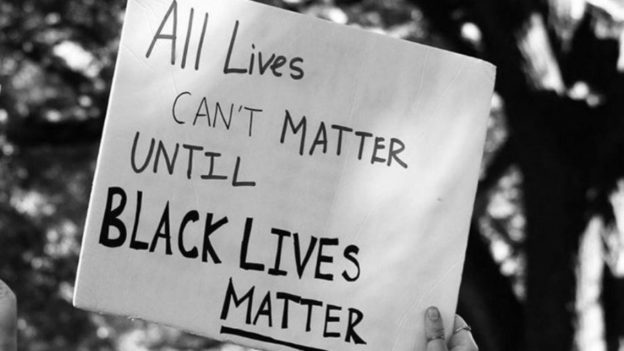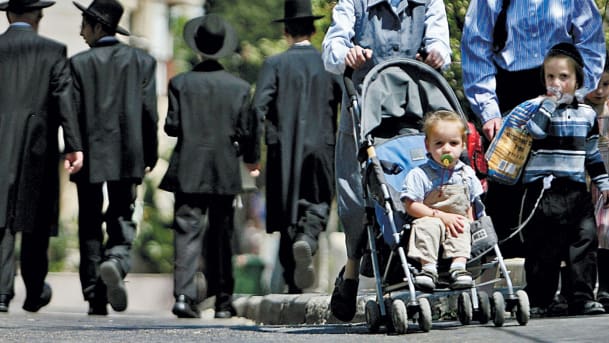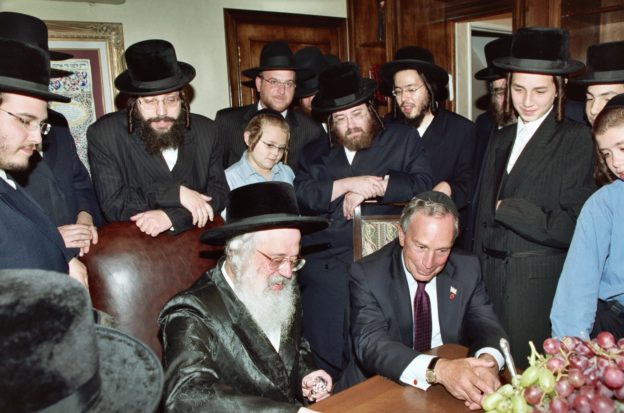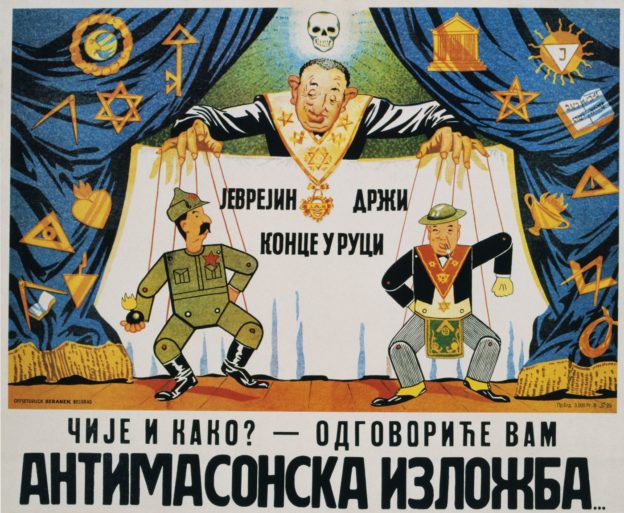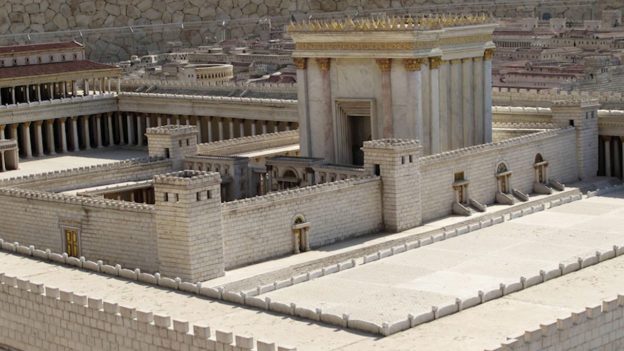I’ll never forget coming across the phrase “the Holocaust” –
complete with the definite article and capitalized second word – in, of all
things, a translation of the Mishnah.
More unnerving still was that the volume had been published in the 1920s.
The Holocaust?!
Leafing through the old, worn book in the otzar sefarim of the yeshivah in
Providence, where I was a Rebbi (and
history teacher) for eleven years, and confronting those words, I wondered if I
had somehow been transported to an alternate universe.
I hadn’t been, baruch
Hashem. (I’m quite fond of this one).
The initially flabbergasting phrase, as a glance at the Hebrew
text it was translating revealed, was a reference not to a historical event but
rather to a korban olah, what most
translations today would call a “burnt offering” – a sacrifice that is entirely
consumed on the mizbe’ach. (Holo, in Greek, means “entirely”; caust, “burnt.”)
As it turns out, the more familiar use of the phrase today
derived from that earlier usage. It was apparently, and understandably, deemed an
apt descriptor for the Nazis’ and their friends’ plan for European Jewry.
All sorts of words also see their meanings morph over time.
Many of us can recall when the sentence “My mouse died” more likely referred to
the demise of a small furry pet than the failure of an electronic computer
accessory.
Another word that has come to mean something entirely other
than what it once meant is “Palestinian.” Once, it indicated a Jewish resident
of Eretz Yisrael.
I discovered that fact as a teenager, when I salvaged a box
of coins from a Jewish bookstore that was jettisoning old merchandise before a
move. The coins were Palestinian pounds, duly labeled so, examples of the
currency used, first, by the British Mandate, from 1927 to May 14, 1948; and
then by Israel until 1952, when they were replaced by lirot.
The Palestine Bulletin
was the name of the newspaper founded by Jews in Eretz Yisrael in 1925; later
it was renamed The Palestine Post.
What today is known as the Israel Philharmonic Orchestra began, in 1936, as the
Palestine Symphony Orchestra.
Today, though, “Palestinian” has
come to signify Arabs who lived in Eretz Yisrael under Jordanian or Egyptian
rule, and their descendants. It is, thus, a most misleading morph.
Which brings me to a new book, The Hundred Years’ War on Palestine, by
Rashid Khalidi, the Edward Said Professor of Modern Arab Studies at Columbia
University. If that endowment chair title doesn’t tell you enough about the
man’s sympathies, the subtitle of his book, A
History of Settler Colonialism and Resistance, 1917-2017, should. And you
can add his longtime support of the BDS movement to the evidence.
Professor Khalidi sees Israel’s founding as akin to the early
American colonization of the land of native North American tribes or to Australia’s
appropriation of that continent’s Aborigines’ land.
But the professor’s postulate is a put-on.
While Arabs have lived in Eretz Yisrael for centuries, there
was a Jewish presence in the land since Yehoshua’s time, even after the destruction
of the Second Beis Hamikdash and the expulsion of most of Klal Yisrael from the land. The Arab presence, by contrast, was
anything but indigenous.
What people like Professor Khalidi imply, that Arabs are the
native residents of Eretz Yisrael, is, simply put, a fiction.
Many who today claim the label “Palestinians,” in fact, are
descended from successive waves of people who came to the area from other
places. Like Egypt, from which successive waves of immigrants arrived at the
end of the 18th century, fleeing famine, government oppression and
military conscription at home.
The 19th century saw further Arab immigration to
the land from Algeria and what is now Jordan. Bosnian Muslims, too, came in fairly
significant numbers.
Later on, in tandem with Jewish return to the land,
employment opportunities drew yet more Arab immigration. As the Peel Report
noted in 1937, “The Arab population shows a remarkable increase ….. partly due
to the import of Jewish capital into Palestine and other factors associated
with the growth of the [Jewish] National Home…”
To be sure, when Israel declared its statehood in 1948,
there was a sizable Arab population in Eretz Yisrael. To pretend otherwise is
to deny facts. And the desires and aspirations of that population and its
descendants who remained in the land should not be ignored. That is why a
two-state solution like the one President Trump has advanced, is a necessary
part (though no less necessary than the Arab population’s sincere embrace of
peaceful coexistence) of ending the conflict in the region.
But v’ha’emes v’hashalom
ehavu, “Love truth and peace” (Zecharyah,
8:19). Before peace there must be truth.
And the truth that here needs to be confronted is something
that President Trump stated on the campaign trail, that Yerushalayim is the
“eternal capital of the Jewish people”; and that his predecessor, President
Obama, said back in 2013, that, after “centuries of suffering and exile,
prejudice and pogroms and even genocide… the Jewish people sustained their
unique identity and traditions, as well as a longing to return home.”
In other words, that, with all due recognition of the aspirations of Arabs in Israel and Yehudah, Shomron and Gaza, while there is indeed an indigenous population of Eretz Yisrael, it isn’t them.
© 2020 Hamodia
